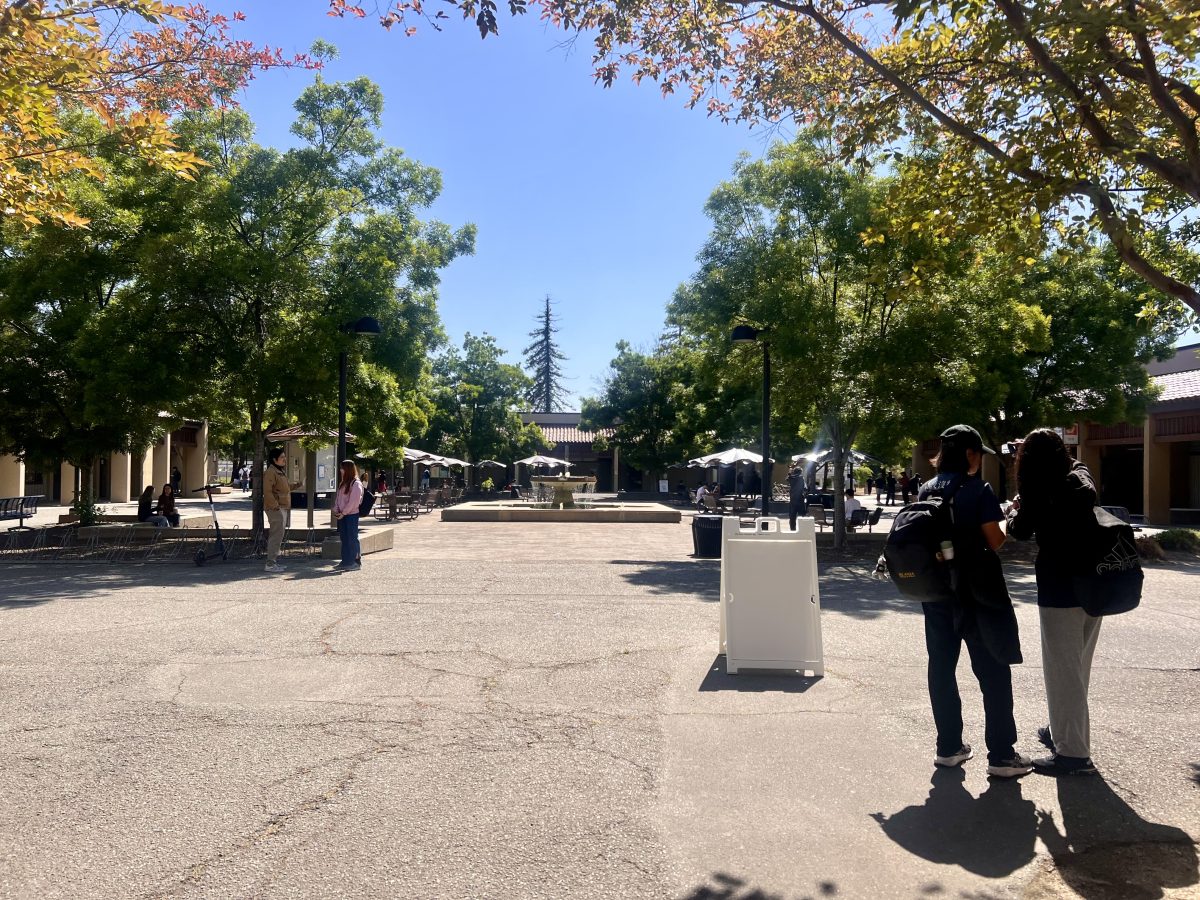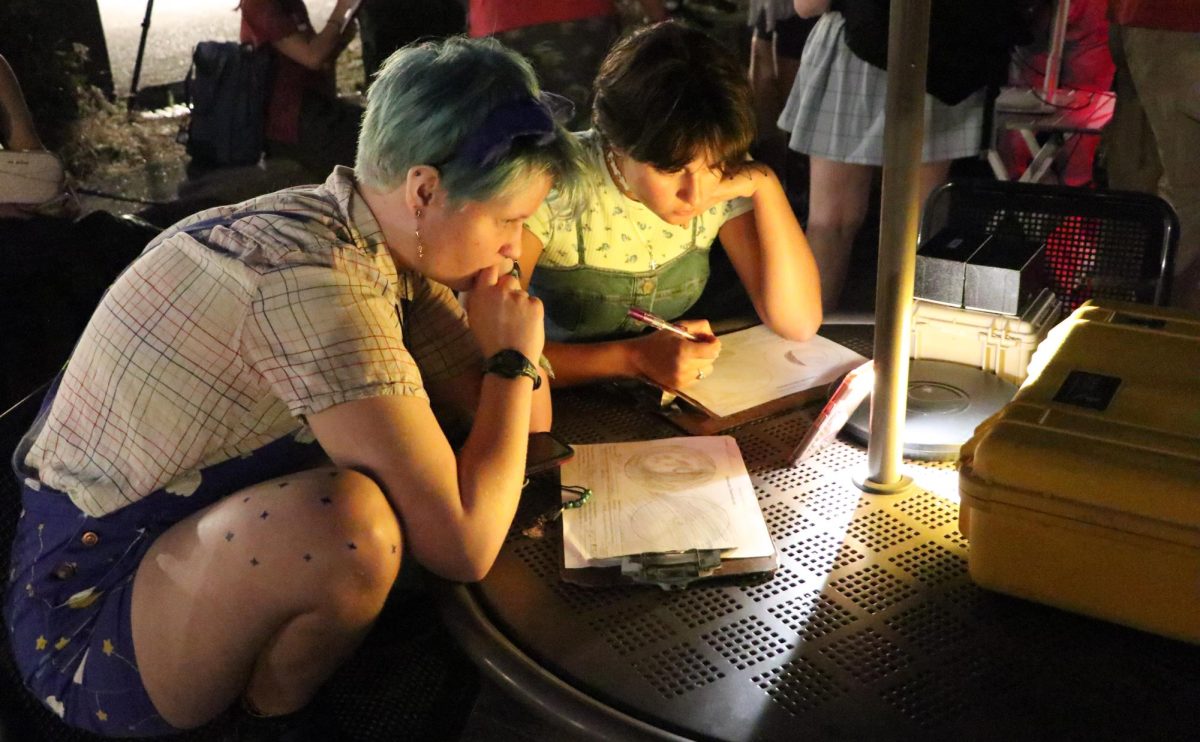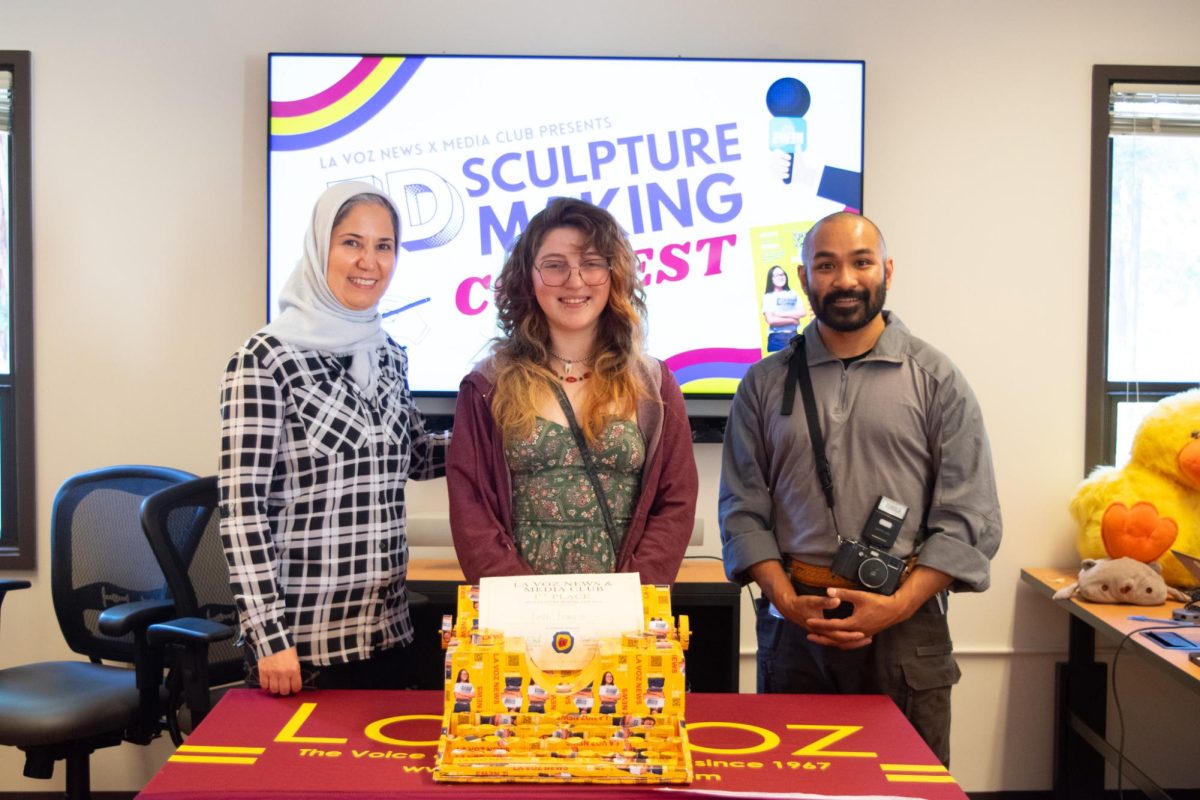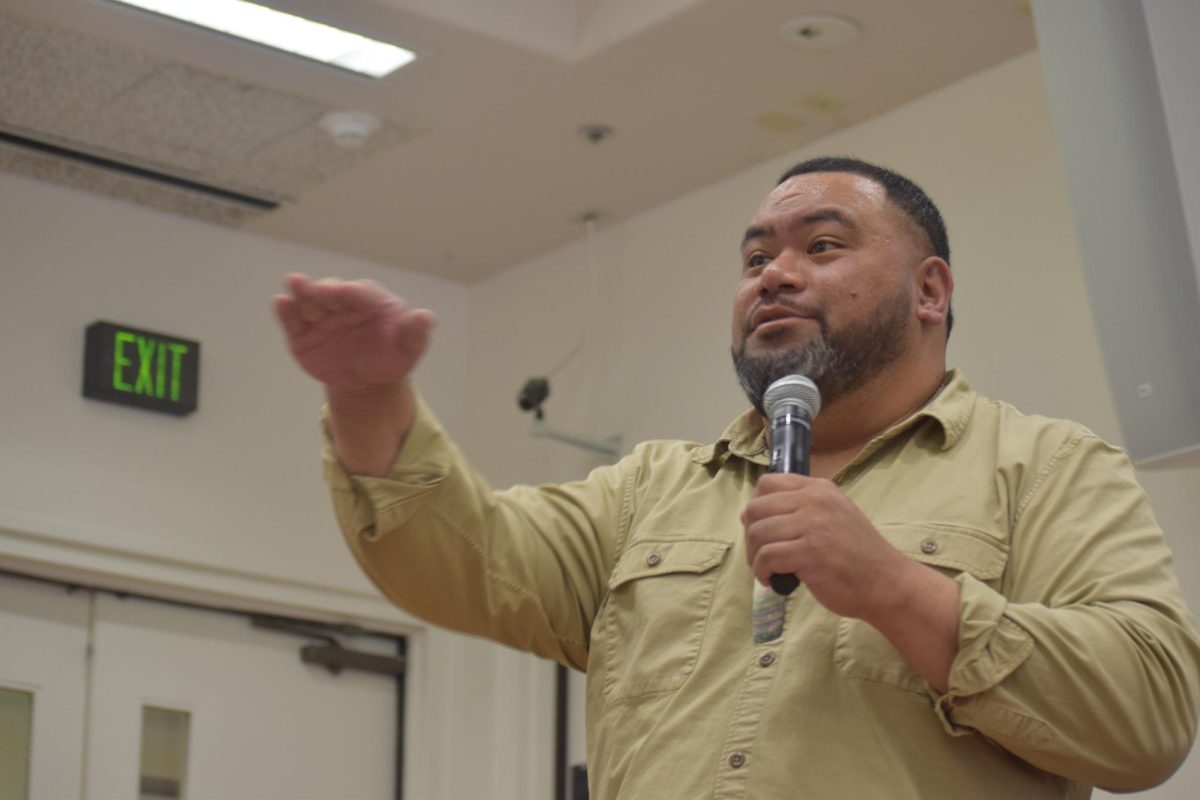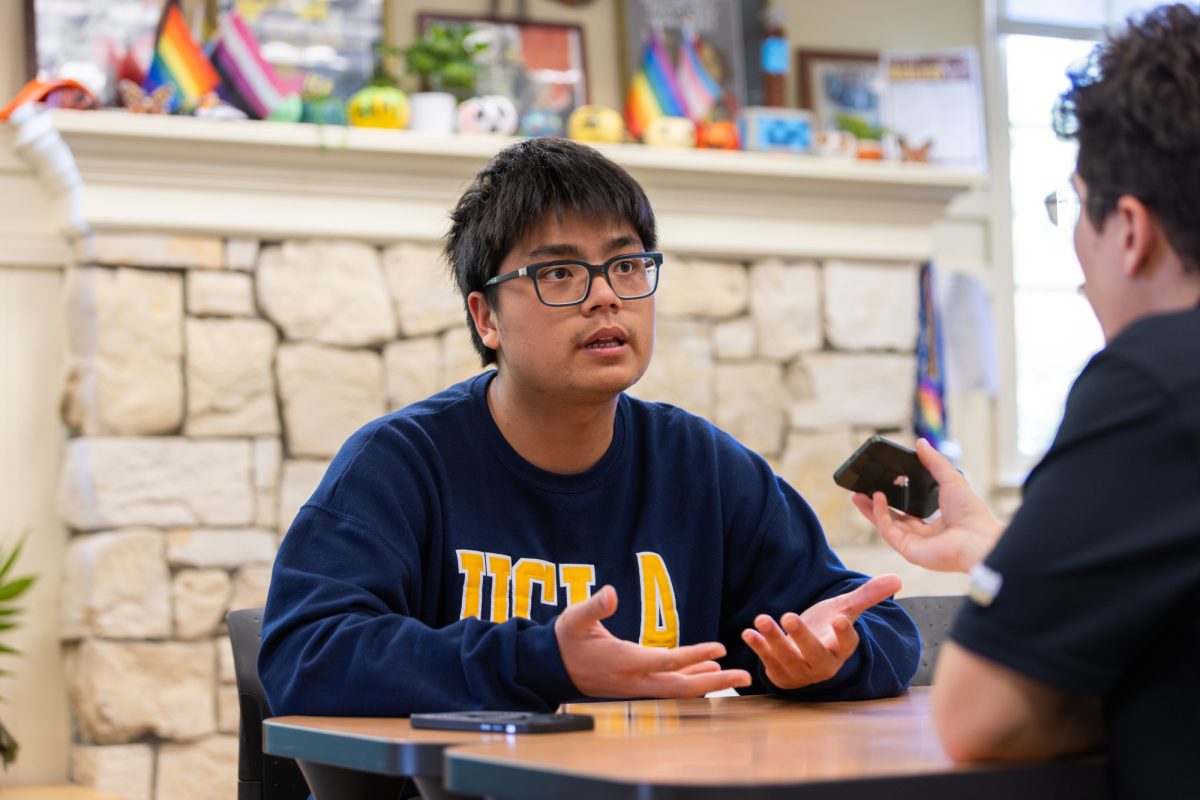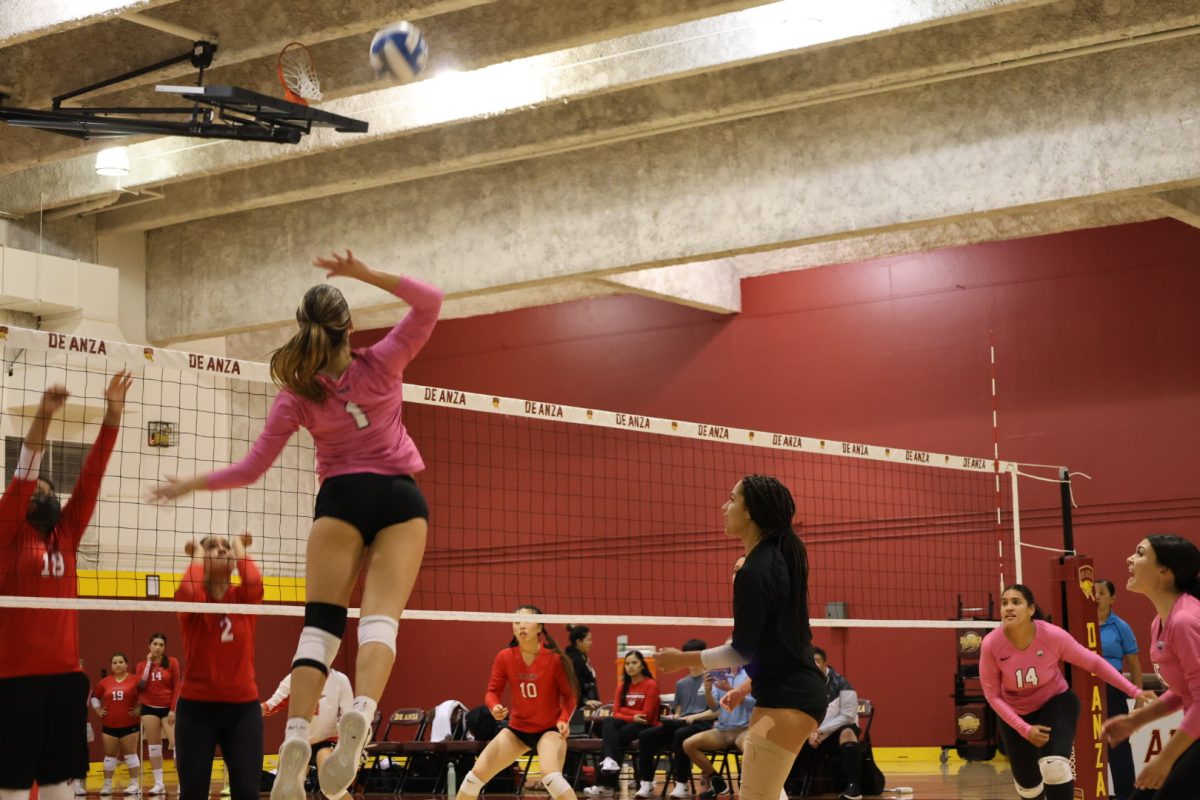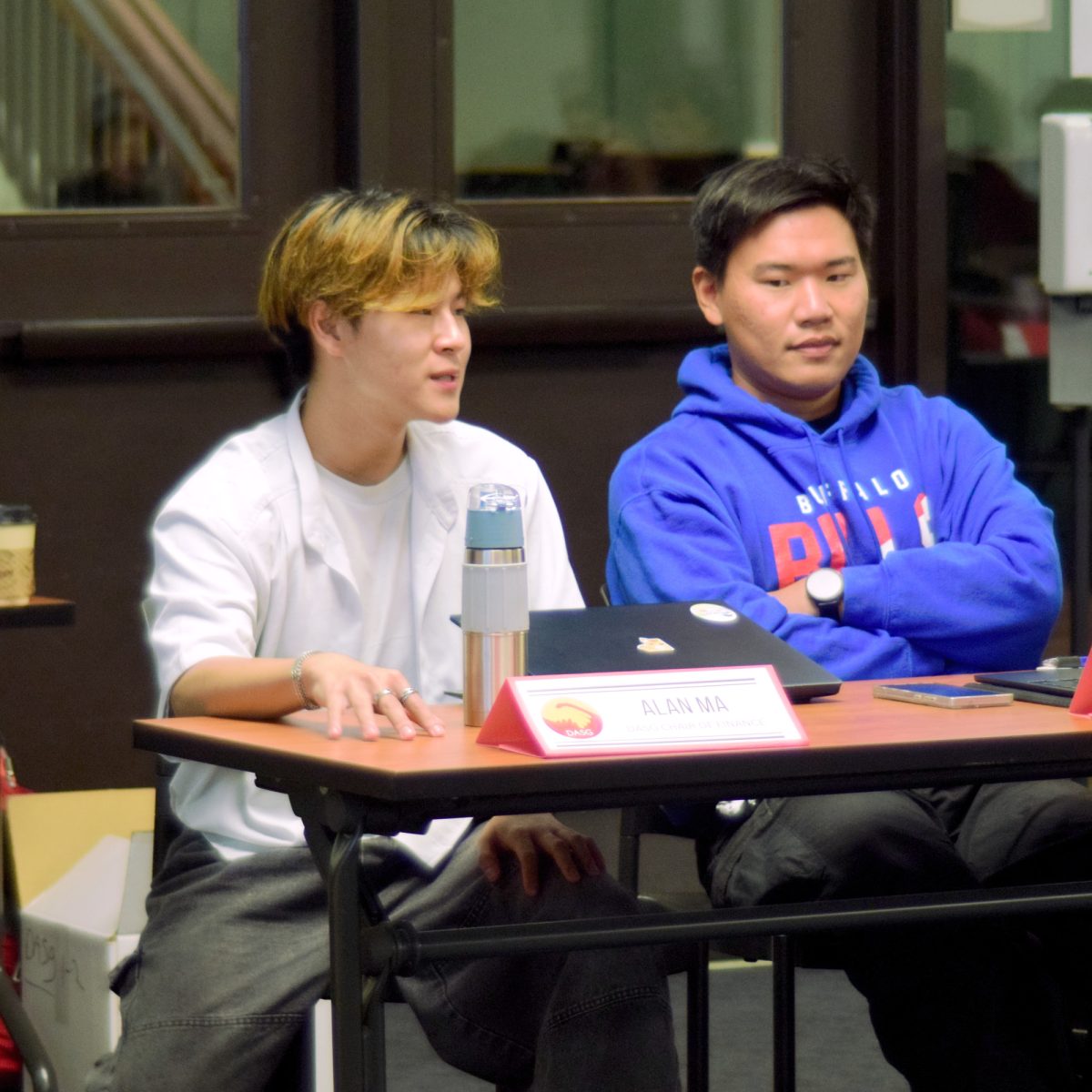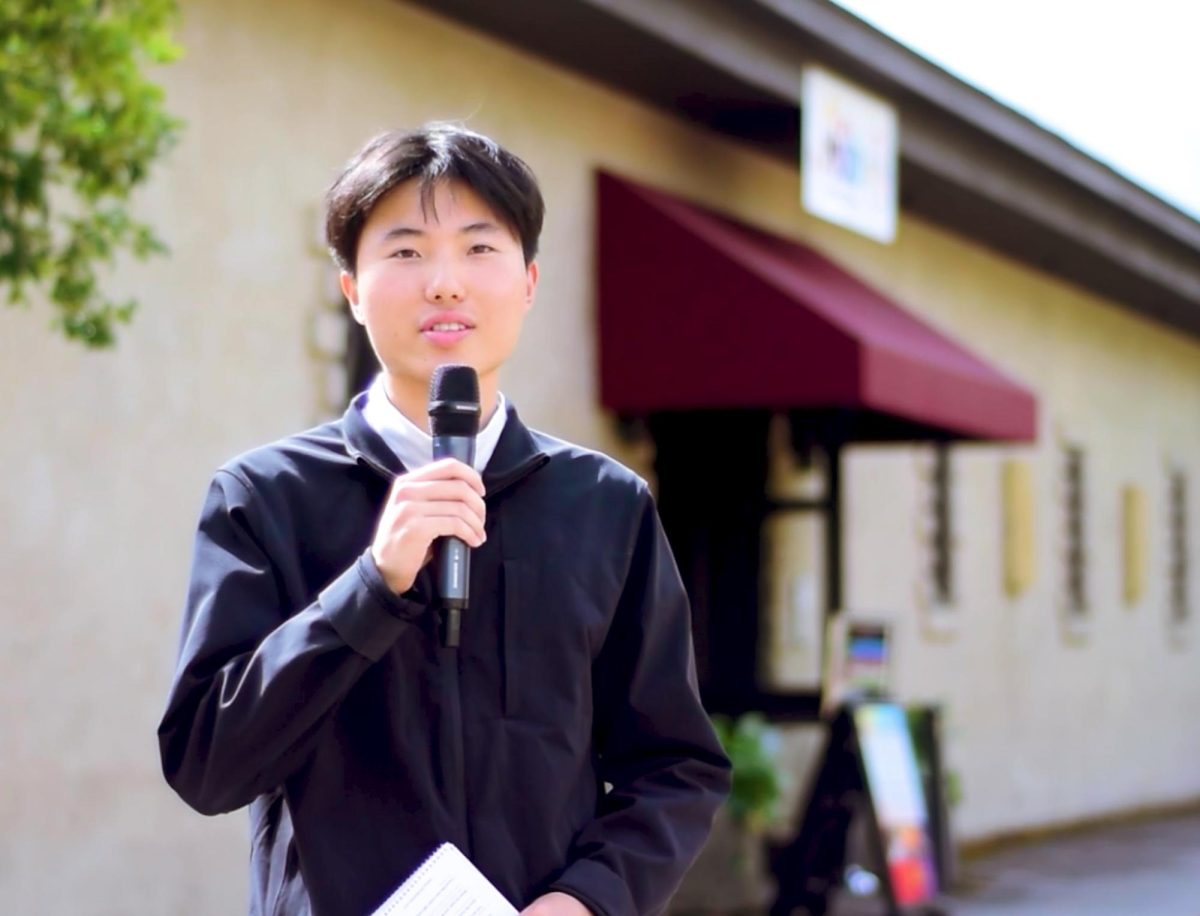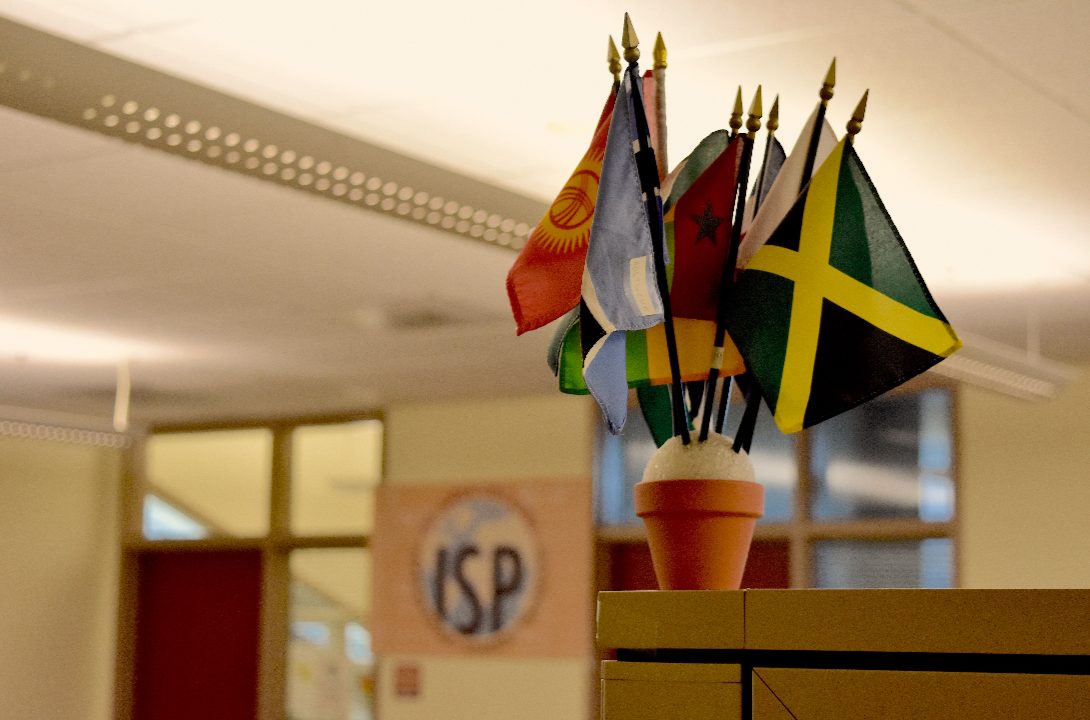Continuing studies after high school can be a huge milestone in many people’s lives. With the increasing internationalization of colleges and universities, and the increasing diversity of students from different cultural backgrounds, culture shock has become a relevant and pressing issue around the world.
De Anza College opens its doors to many international students. Students may experience challenges ranging from language barrier and eating habits to social norms and academic expectations.
With the experience of De Anza students, we have a deeper understanding of cultural diversity and facilitate bridges between distinct cultures globally.
Jocelyn Aguiar, 26, a nursing major from Mexico, said she had difficulty adjusting to living in America.
“It felt like a major culture shock. Everything was so different, from academics to mannerism. Adjusting took some time and the homesick feeling felt like it would have never gone away.” she said, “But among the sunken feeling, I loved California.”
She also said she had difficulty with adjusting to a new language.
“The language barrier was by far the most difficult,” Aguiar said, “The positive side of it all, everyone is willing to help you and redirect you.”
Aguiar also talked about her experience on De Anza’s campus.
“I feel like in today’s time there is an unlimited amount of resources offered to students on campus, from math tutoring to language arts,” she said, “Plus the classmates that become friends over time help a lot. Counseling made it clear to guide me in the connected path with my career major choice.”
Maria de Lourdes Miura, 49, a business administration major from Brazil, shared her experience with cultural shock when she moved to the U.S.
“Upon my arrival in the United States, I experienced a social shock. The level of organization and beautiful country was exactly as I had envisioned, yet after a month, I found myself overcome with emotion and frequently in tears,” she said. “I missed my family dearly, as well as many of the comforts I had grown accustomed to, such as the kind of Brazilian food and friendships I had left behind.”
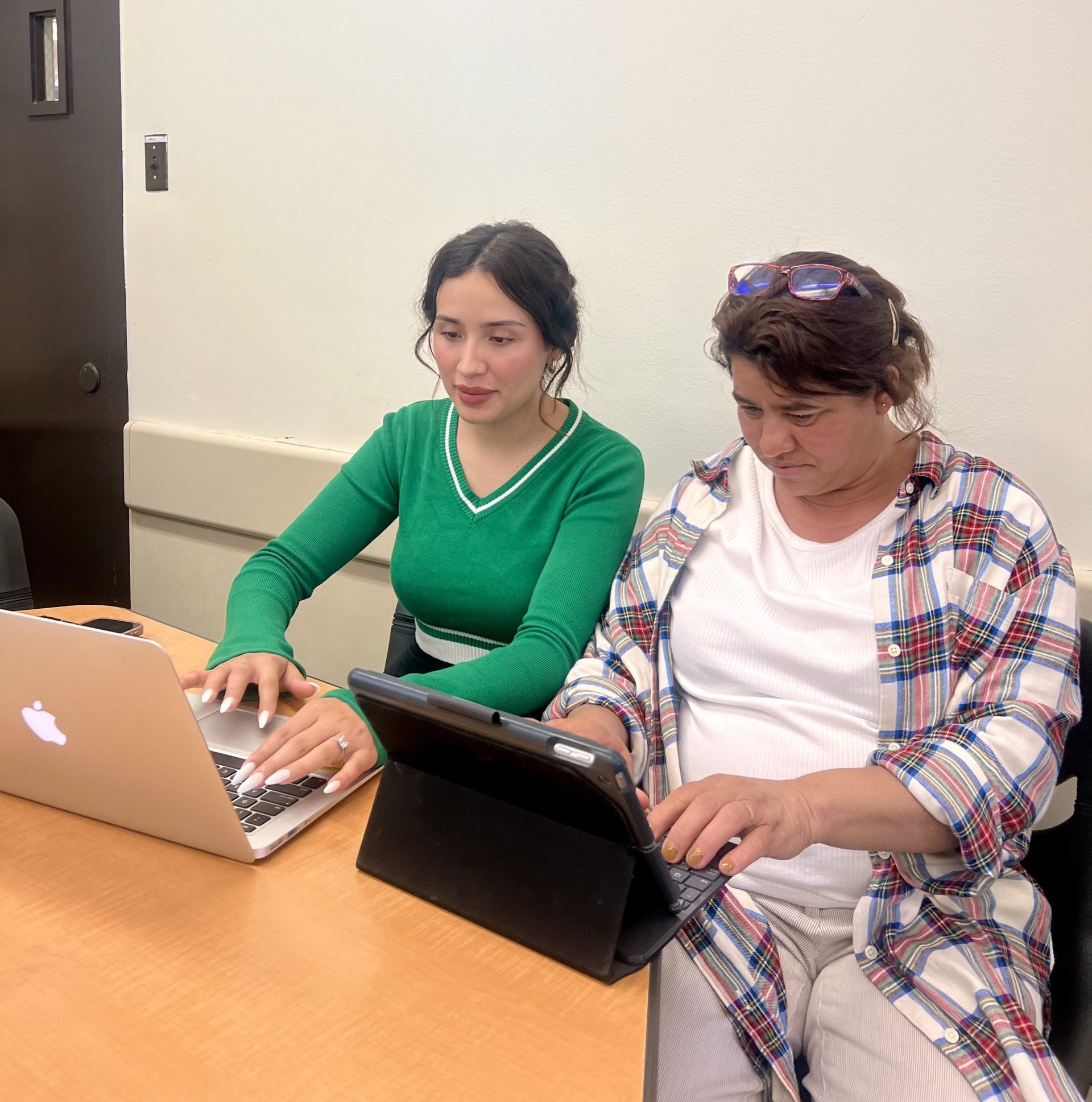
Miura also talked about her obstacles and her education path in the U.S.
“My biggest obstacle in terms of culture and education was purely financial. Given the conversion rate from Brazilian Real to dollars, everything was prohibitively expensive,” she said. “I tried enrolling in public school to learn basic English, but it didn’t prove very helpful as my classmates were also foreigners with varying native languages. … It was like being a child admiring beautiful things in a shop window, but knowing that you cannot afford any of them.”
Miura also compared the access to education in Brazil compared to the United States.
“For a struggling immigrant arriving in the United States, their previous home country such as Brazil may have been considered middle-class, access to the third world was still available,” she said. “Upon arrival in the USA, they find themselves in a first-world country but unable to fully experience it due to their financial limitations. … This can be a bittersweet reality, as they are able to witness the beauty of the first world, yet unable to access it fully.”
Xinwei Dong, 28, a child development major from China, shared her experience with culture shock in education here compared to China.
“I feel more shock in education since I major in child development. I feel happy for American children because they live in a safe, rich and supportive environment,” Dong said. “American children are encouraged to ask questions, to be creative, to be different and to be themselves. In China, children need to be quiet, to listen and obey, questions are not encouraged, children have to wear the same uniform every day and can’t dye their hair to be different.”
Dong also shared her experience on campus.
“To be honest, I didn’t feel very supportive at the beginning. I felt quite lost,” Dong said. “I started De Anza in January 2022. Things were not very complicated since I took Zoom classes for the first two quarters. … But I started to have more things to do and felt connected to the (International Student Program) after the school asked international students to take eight to nine credits of in-person classes. I emailed my counselor a lot about classes and transferring.”
Dong said how she felt after: “That is the time that I started to feel the school is very supportive. De Anza is definitely a diverse community college, students and staff come from different cultures and have different backgrounds. … De Anza College does make me feel at home.”
Culture shock can be a complex challenge. By recognizing this challenge and promoting a welcoming and inclusive environment, the education system can provide students with academic success and enrich their cultural experience as a whole, preparing students for work with different cultures.



